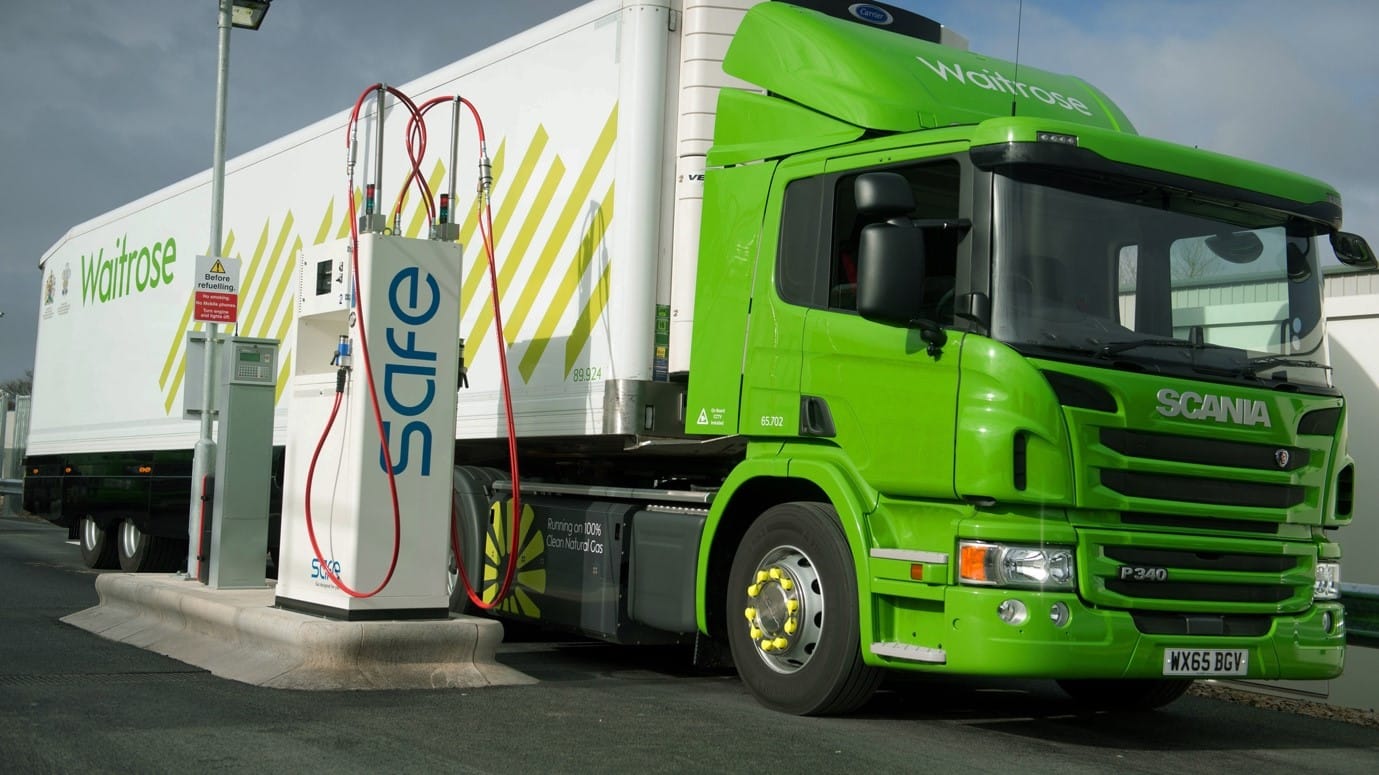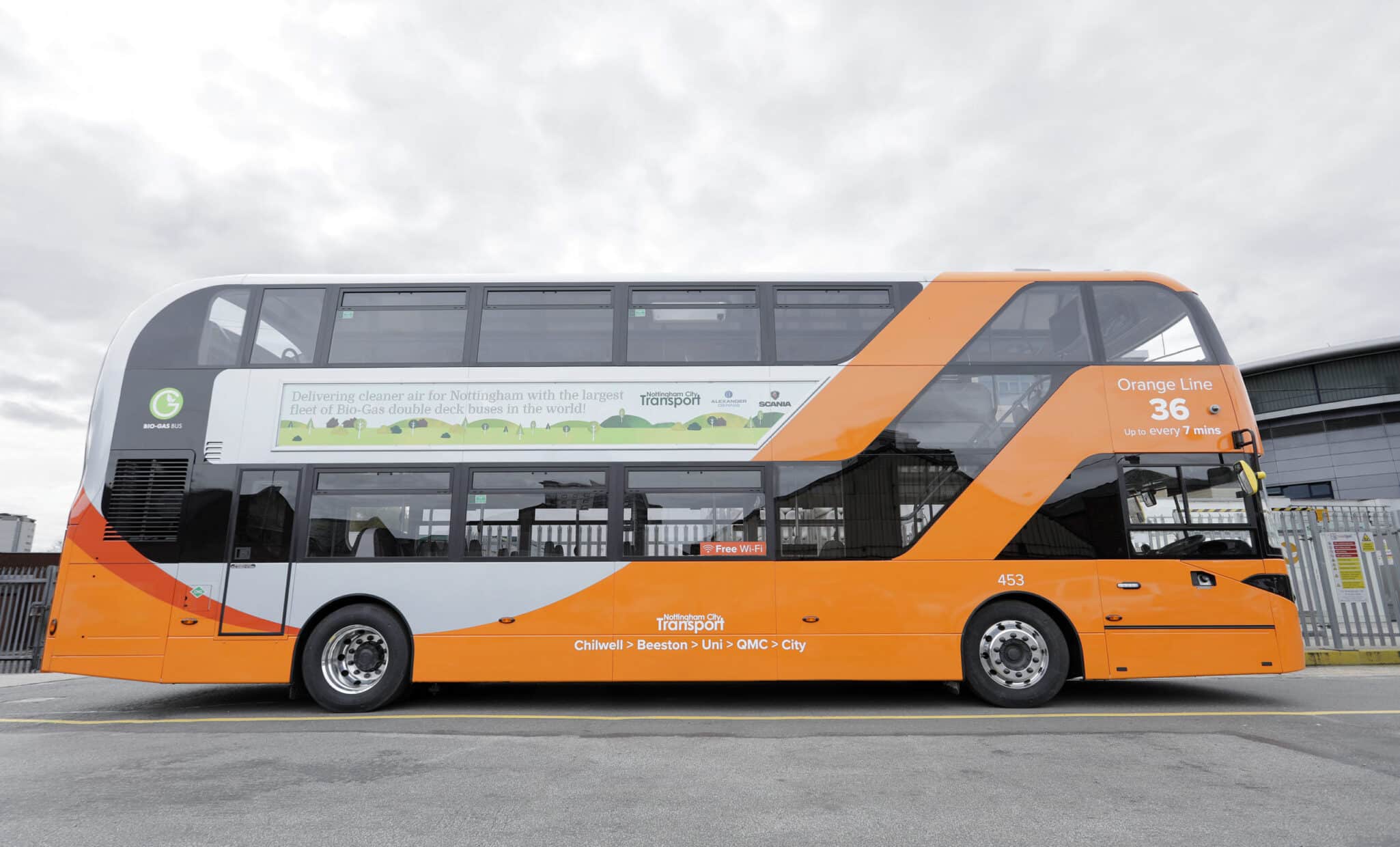By removing the carbon dioxide and other impurities, biogas can be upgraded to biomethane. In compressed or liquefied form, biomethane can be used as a transport fuel.
Biomethane is one of the few low-carbon alternatives to natural gas, and when used as a transport fuel can achieve significant environmental and operating cost savings compared to diesel in HGVs, buses and other vehicles, while also playing an important role in improving air quality in towns and cities.
Biomethane as a transport fuel could present a future route to market for developers following the amendments to the Renewable Transport Fuel Obligation (RTFO) that were consulted on in 2017.


Policy
Generally, the Renewable Transport Fuel Obligation (RTFO) and the trade of its certificates has been hugely successful, cutting annual emissions by 6.5 MtCO2e each year with minimal government spending. Still, ADBA has asked for Government to recognise biomethane as a top-priority fuel and to give more incentives for long-term support.
Case study
John Lewis
John Lewis Partnership adopted biomethane after academic analysis proved it to be the most sustainable fuel as well as being cost-effective. John Lewis Partnership have 43 dual-fuel trucks and 12 dedicated gas trucks in service as well as a filling station near Leyland, with an aim to have 700 biomethane trucks by 2024.


Case study
Nottingham
Another example of market penetration is Nottingham City Transport’s recently bought fleet of 53 double-decker biogas buses – the largest order for gas double-decker buses in the world to date.



